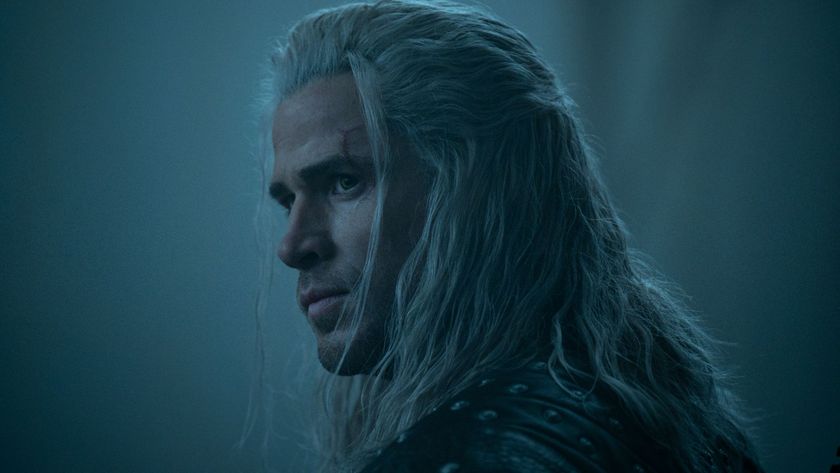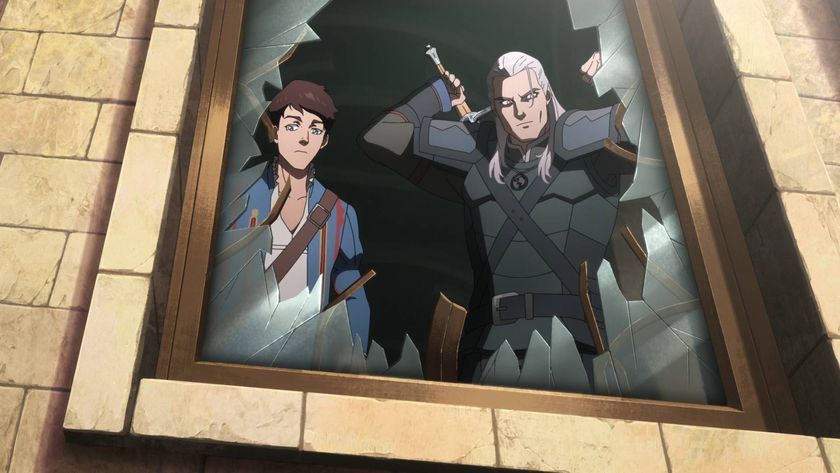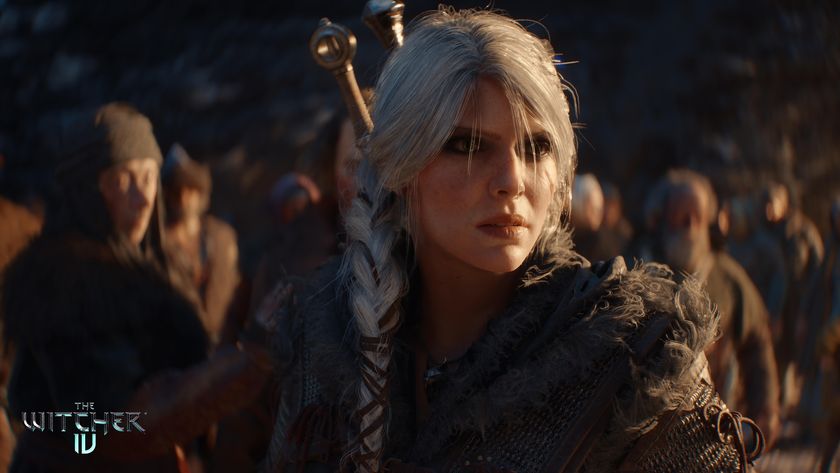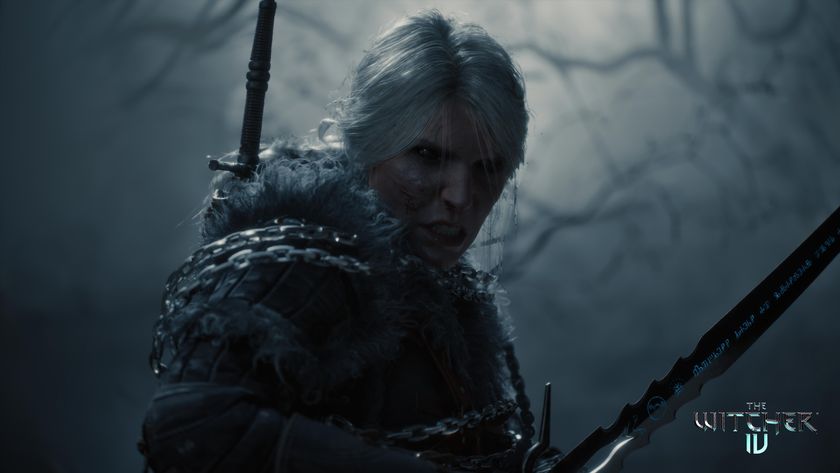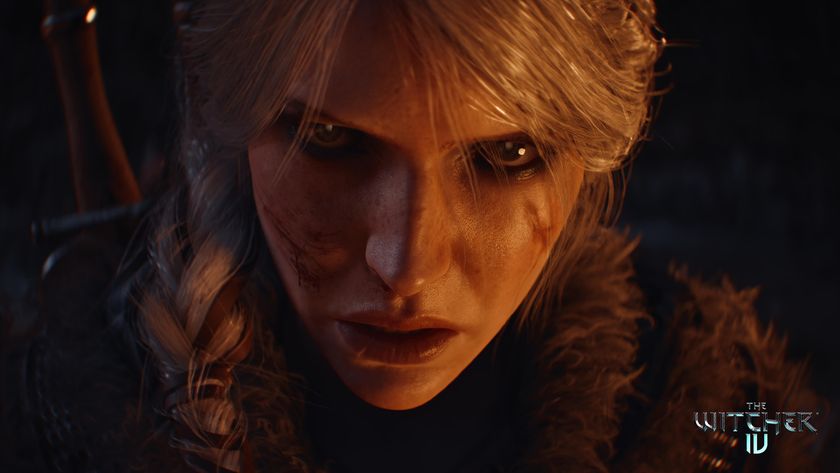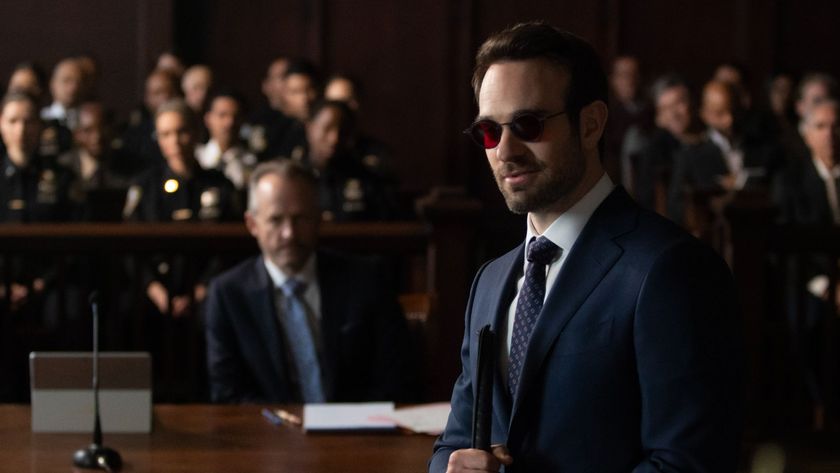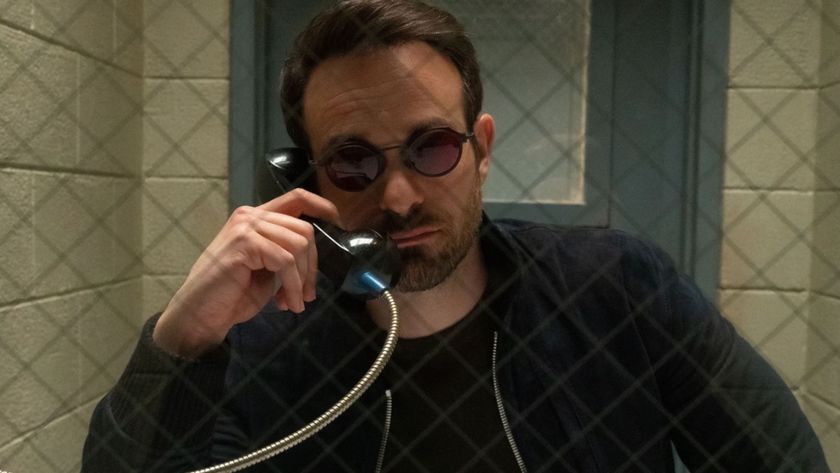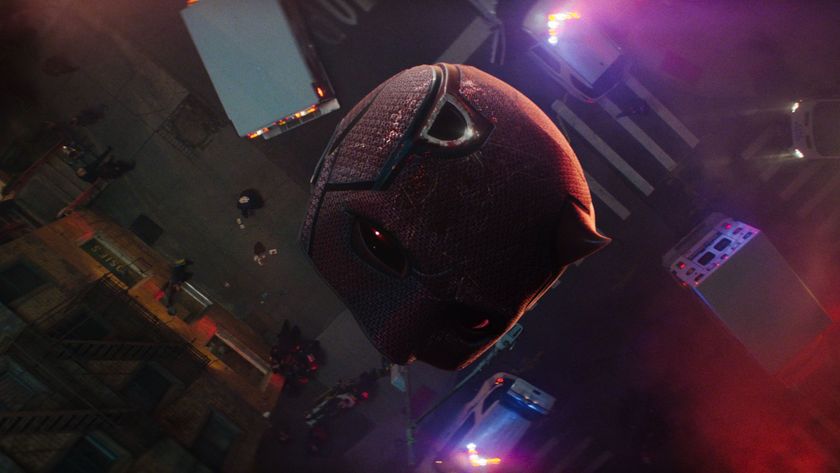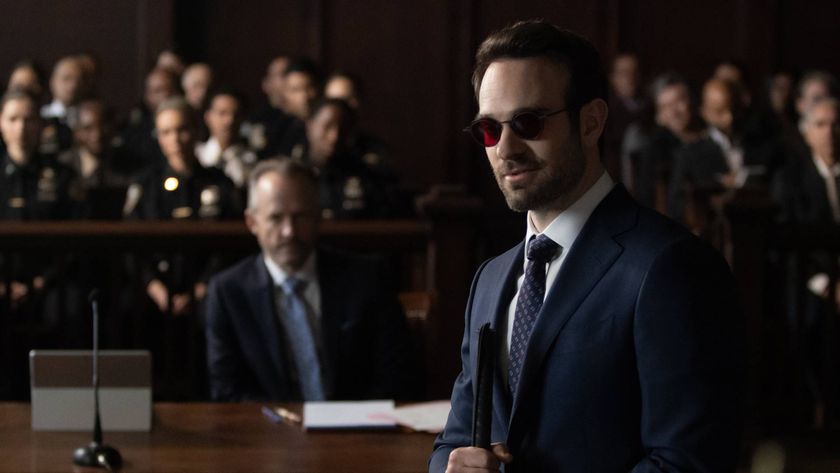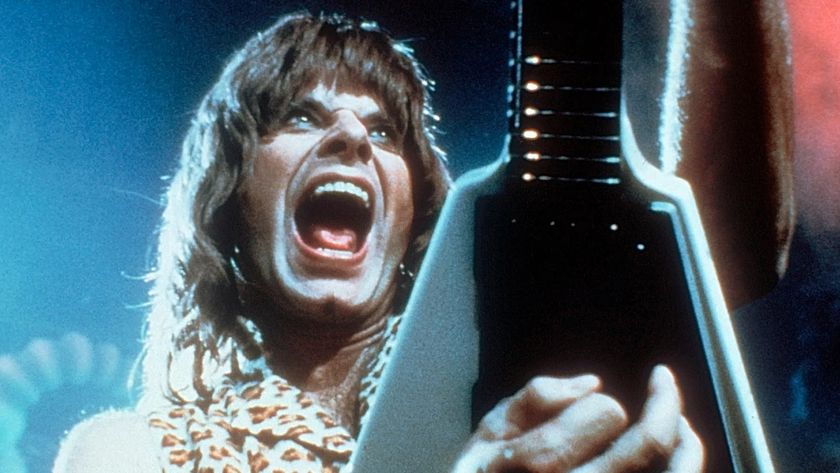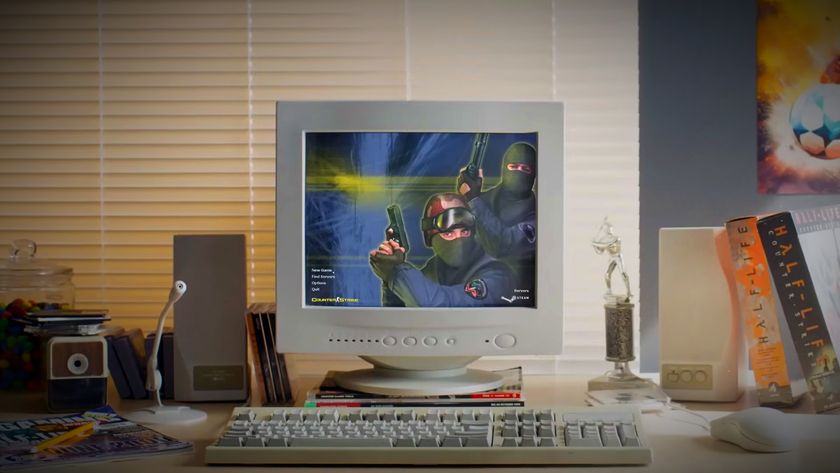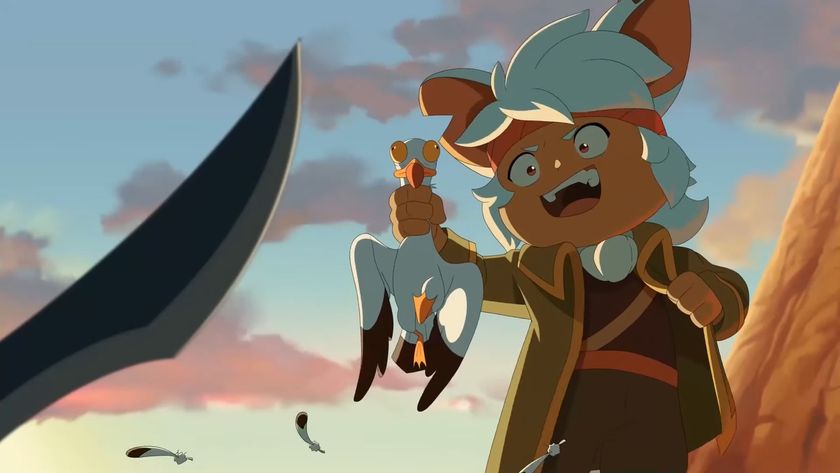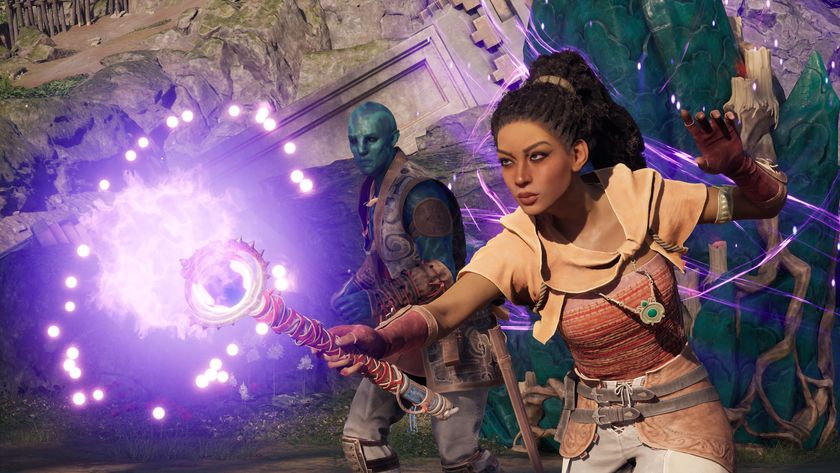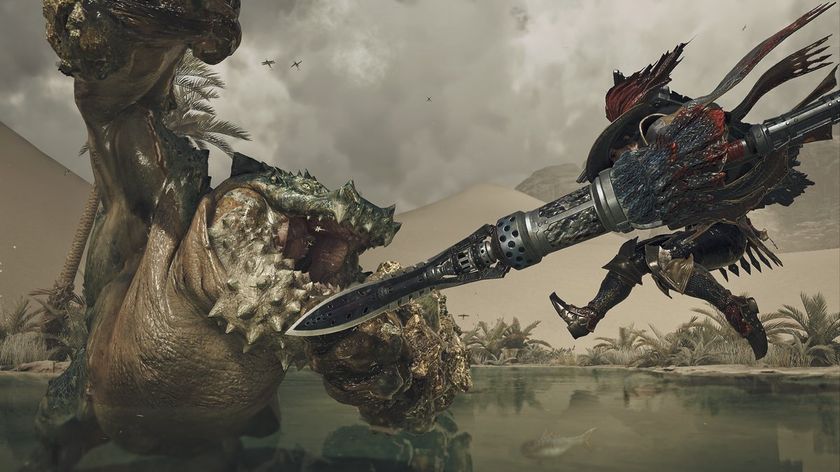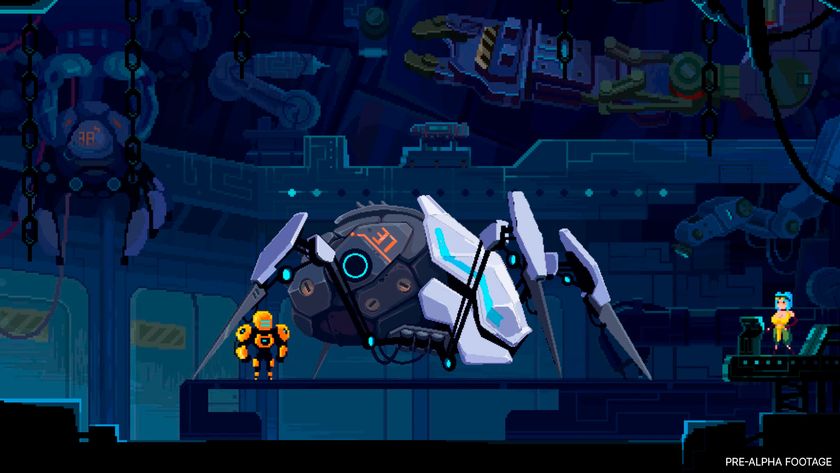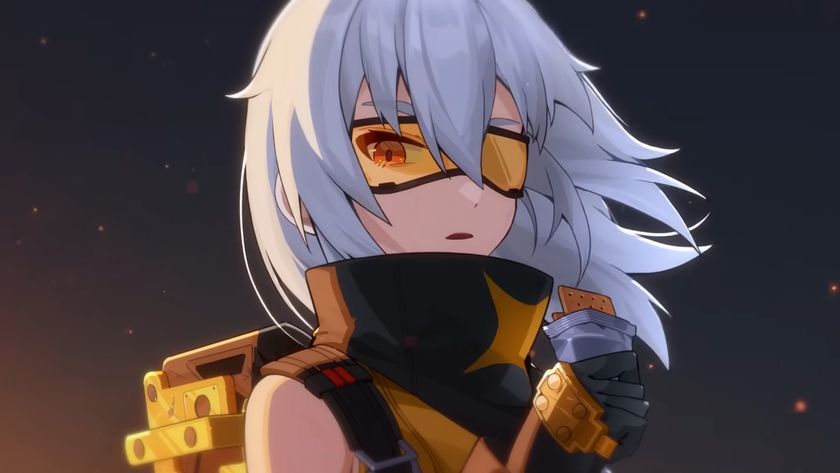The Witcher: Blood Origin post-credits explained: how does it set up The Witcher season 3?
There's one last surprise for Witcher fans
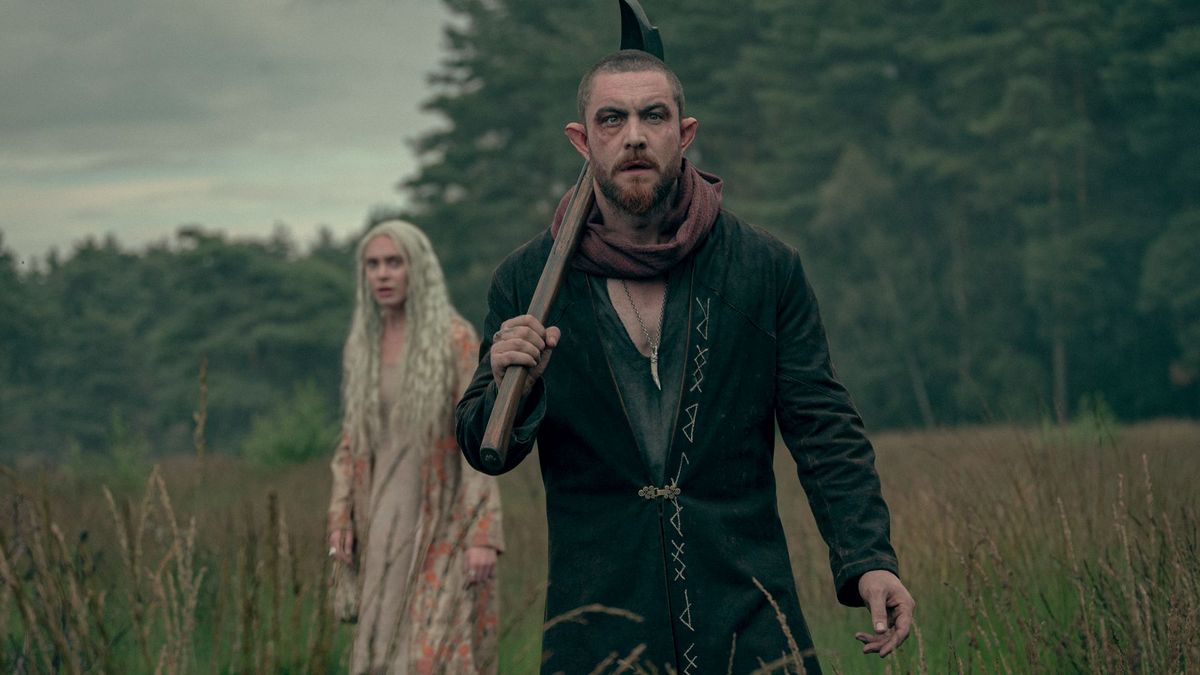
Hold your horses. The Witcher: Blood Origin isn’t over once the credits have rolled. There is one more post-credits scene that reframes not only how we see the main series, but also directly ties one of its characters to the events of Blood Origin.
Be warned: here be spoilers. Join us as we dive into a breakdown of The Witcher: Blood Origin’s post-credits scene and the critical impact it could have on the rest of the franchise moving forward. And, yes, we’ll answer all of your burning questions about the brief post-credits scene along the way too.
The Witcher: Blood Origin post-credits scene explained: who is watching Ciri?
Did you stay around until the credits had finished? Then you’re met by a familiar sight: Ciri – then still the Lion Cub of Cintra – playing dice disguised as a street urchin in a scene from the first season’s premiere. The moment plays out identically to the main series – except for one key difference.
Ciri is distracted from the game and turns to face an archway. In The Witcher season 1, she sees no one under the threshold. Blood Origin reveals the truth: Avallac’h, former adviser to Merwyn, is watching over her with a faintly sinister grin on his face.
Why is Avallac’h here and how is he still alive?

The secret to how Avallac’h seemingly jumped forward over a millennia with barely a wrinkle on his face is hiding in one of the final interactions the elf has with Merwyn before the fall of Xin’trea.
Throughout the limited series, he has been doing research on the mysterious monoliths and building on Syndril’s work. In ‘The Book of Monoliths’, Avallac’h discovers that the equations that unlock the power of the monoliths do much more than travel between worlds. According to the scholar, it also allows a user to "travel through time itself."
It’s a brief line, but it’s hiding some massive implications for The Witcher franchise as a whole. While it’s unclear if a person can go only forward in time, Avallac’h has jumped forward in time and has Ciri in his sights at a very specific point on The Witcher timeline.
Sign up for the Total Film Newsletter
Bringing all the latest movie news, features, and reviews to your inbox
Why? It’s all to do with Ithlinne’s prophecy found in Blood Origin’s ending. The daughter of the barkeep in Blood Origin – who experiences visions that “always” come true – tells a pregnant Eile that one of her descendants will cause the end of the world. Or, in her words, "The lark’s seed shall carry forth the first note of a song that ends all time, and one of her blood shall sing the last."
Ciri herself is no stranger to prophecy. In The Witcher books, a similar prediction is handed down from generation to generation from Ithlinne’s time, speaking of how "the world will perish amidst ice and be reborn with the new sun." Curiously, Ciri repeats that line in the first season of the Netflix series. That’s likely not a coincidence – and her lineage with the Elder Blood makes her a definite candidate to be one of the descendants of The Lark mentioned in Ithlinne’s prophecy.
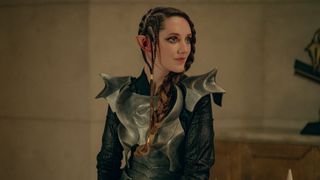
If the prophecy is correct, that means Ciri could be the one to cause the end times – or kickstart its rebirth. If that’s the case, Avallac’h may be doing everything in his power, including time travel, to avert the prophecy. Whether that means doing harm to Ciri is likely something that The Witcher season 3 (or future seasons) will revolve around. After all, the show has proven time and time again that you can never escape your destiny. Even time-hopping elves might not be able to stop Ciri causing the destruction of the world if it’s set in stone.
The key to saving the day may, incredibly, be Jaskier. He was asked to re-tell the Song of the Seven – essentially, the events we watched across four episodes of Blood Origin – by the storyteller Seanchai (Minnie Driver).
As The Lark’s own story shows, a tale wrapped up into catchy chorus can spread far and wide. The last line the finale focuses on (One of her blood shall sing her last) makes the connection even clearer between The Lark and Ciri. Once Jaskier tells the story, it’ll only be a matter of time before powerful beings – including Avallac’h – race to either protect her from harm or use her powers for evil. Blood Origin’s post-credits scene, then, feels like the beginning of the end – and the first tentative steps towards The Witcher’s ultimate endgame.
For more on the series, check out our explainers on:
I'm the Senior Entertainment Writer here at 12DOVE, focusing on news, features, and interviews with some of the biggest names in film and TV. On-site, you'll find me marveling at Marvel and providing analysis and room temperature takes on the newest films, Star Wars and, of course, anime. Outside of GR, I love getting lost in a good 100-hour JRPG, Warzone, and kicking back on the (virtual) field with Football Manager. My work has also been featured in OPM, FourFourTwo, and Game Revolution.
